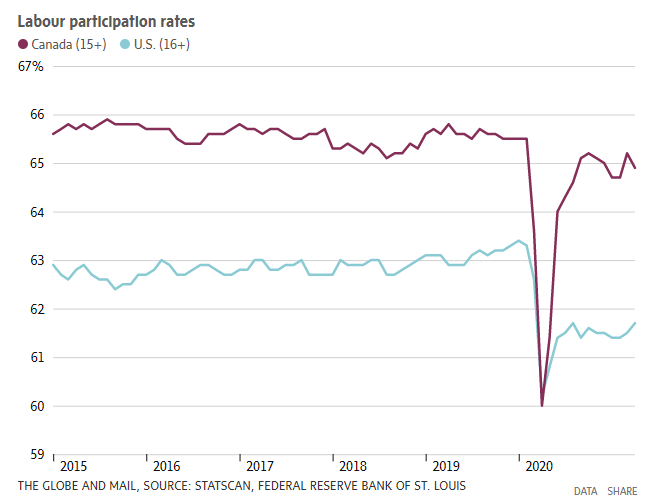
The Ontario government will invest $10-million over the next three years to identify, investigate and commemorate residential school burial sites across the province in announcement at 11 a.m. Tuesday morning
tgam.ca/2RVhen8
tgam.ca/2RVhen8
The commitment is the first large funding commitment by a provincial government for the burial sites, a process that is expected to include archeologists, forensic specialists and historians
tgam.ca/2RVhen8
tgam.ca/2RVhen8

According to documents viewed by The Globe, Ontario will take a three-phase approach to its plan
tgam.ca/2RVhen8
tgam.ca/2RVhen8
The first phase will include mental health supports for survivors, information gathering, and an engagement process with elders and community members. It will be followed by burial site identification and field work
tgam.ca/2RVhen8
tgam.ca/2RVhen8
The process will later be followed by potential death investigations and forensic examination as well as repatriation and commemoration. All are subject to the communities' wishes
tgam.ca/2RVhen8
tgam.ca/2RVhen8
The announcement follows the recent discovery of 215 unmarked children’s graves at the former Kamloops Indian Residential School in British Columbia
theglobeandmail.com/canada/british…
theglobeandmail.com/canada/british…
The government says its three-year process will be guided by Indigenous leadership, with initial site identification the first step “in a much more extensive process” that will take into account the wishes of the affected communities
tgam.ca/2RVhen8
tgam.ca/2RVhen8
• • •
Missing some Tweet in this thread? You can try to
force a refresh








